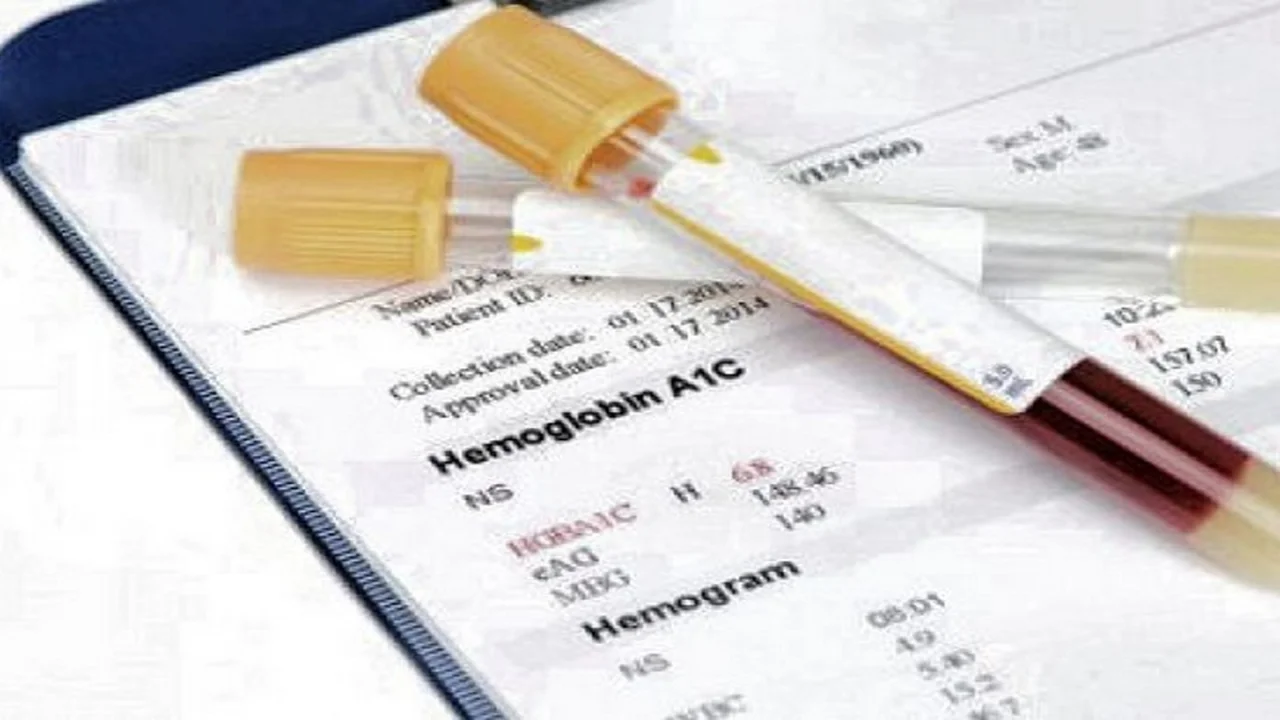Abnormal MCH effects to HbA1c level
Several hematological alterations are associated with altered Hb A1c. However, there have been no reports of their influence on the rates of exceeding standard Hb A1c thresholds by patients for whom Hb A1C determination is requested in clinical practice.

Several hematological alterations are associated with altered hemoglobin A1c (Hb A1c). However, there have been no reports of their influence on the rates of exceeding standard Hb A1c thresholds by patients for whom Hb A1c determination is requested in clinical practice.
Methods: The initial data set included the first profiles (complete blood counts, Hb A1c, fasting glucose, and renal and hepatic parameters) of all adult patients for whom such a profile was requested between 2008 and 2013 inclusive. After appropriate exclusions, 21844 patients remained in the study. Linear and logistic regression models were adjusted for demographic, hematological, and biochemical variables excluded from the predictors.
Results: Mean corpuscular hemoglobin (MCH) and mean corpuscular volume (MCV) correlated negatively with Hb A1c. Fasting glucose, MCH, and age emerged as predictors of Hb A1c in a stepwise regression that discarded sex, hemoglobin, MCV, mean corpuscular hemoglobin concentration (MCHC), serum creatinine, and liver disease. Mean Hb A1c in MCH interdecile intervals fell from 6.8% (51 mmol/mol) in the lowest (≤27.5 pg) to 6.0% (43 mmol/mol) in the highest (>32.5 pg), with similar results for MCV. After adjustment for fasting glucose and other correlates of Hb A1c, a 1 pg increase in MCH reduced the odds of Hb A1c–defined dysglycemia, diabetes and poor glycemia control by 10%–14%.
Conclusions: For at least 25% of patients, low or high MCH or MCV levels are associated with increased risk of an erroneous Hb A1c–based identification of glycemia status. Although causality has not been demonstrated, these parameters should be taken into account in interpreting Hb A1c levels in clinical practice.
The information on this page is peer reviewed by a qualified editorial review board member. Learn more about us and our editorial process.
Last reviewed on .
Article history
- Latest version
- Last updated by Dayyal Dungrela, MLT, BSc, BS
Cite this page:
- Comment
- Posted by BS Media